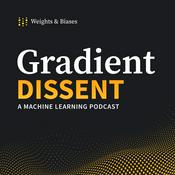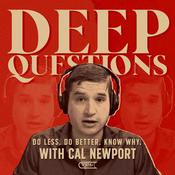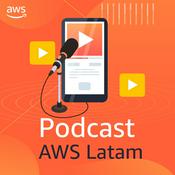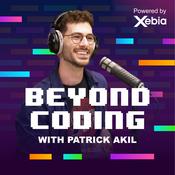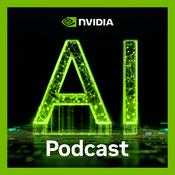77 episodios

Best of the Hedge 9: Ethics in IT
08/1/2026 | 31 min
Nash King (@gammacapricorni) joins Russ White and Tom Ammon in a wide ranging discussion of ethics in IT, including being comfortable with standing up and saying “no” when asked to do something you consider unethical and the virtue ethic.

Hedge 291: The Assault on Standards
18/12/2025 | 23 min
As the Internet centralizes and gets "big," standards are often being sidelined or consumed. What are the possible results of abandoning standards? Is there anything "normal network engineers" can do about it?

Hedge 290: The Amoeba and the Mathematician
12/12/2025 | 26 min
In this Hedge roundtable, Eyvonne, Tom, and Russ discuss The Amoeba and the Mathematician

Best of the Hedge: Hedge 6 on DoH (Part 2)
05/12/2025 | 27 min
In this episode of the Hedge, Geoff Huston joins Tom Ammon and Russ White to finish the discussion on the ideas behind DNS over HTTPS (DoH), and to consider the implications of its widespread adoption. Is it time to bow to our new overlords?

Best of the Hedge: Episode 5 on DoH (Part 1)
28/11/2025 | 27 min
In this episode of the Hedge, Geoff Huston joins Tom Ammon and Russ White to discuss the ideas behind DNS over HTTPS (DoH), and to consider the implications of its widespread adoption. Is it time to bow to our new overlords?
Más podcasts de Tecnología
Podcasts a la moda de Tecnología
Acerca de The Hedge
Escucha The Hedge, Platzi Podcast y muchos más podcasts de todo el mundo con la aplicación de radio.net

Descarga la app gratuita: radio.net
- Añadir radios y podcasts a favoritos
- Transmisión por Wi-Fi y Bluetooth
- Carplay & Android Auto compatible
- Muchas otras funciones de la app
Descarga la app gratuita: radio.net
- Añadir radios y podcasts a favoritos
- Transmisión por Wi-Fi y Bluetooth
- Carplay & Android Auto compatible
- Muchas otras funciones de la app


The Hedge
Descarga la app,
Escucha.












![Podcast Code[ish]](https://co.radio.net/podcast-images/175/code-ish.png?version=26d86d8a3fc4a66acef9e4737496673a007ac238)


